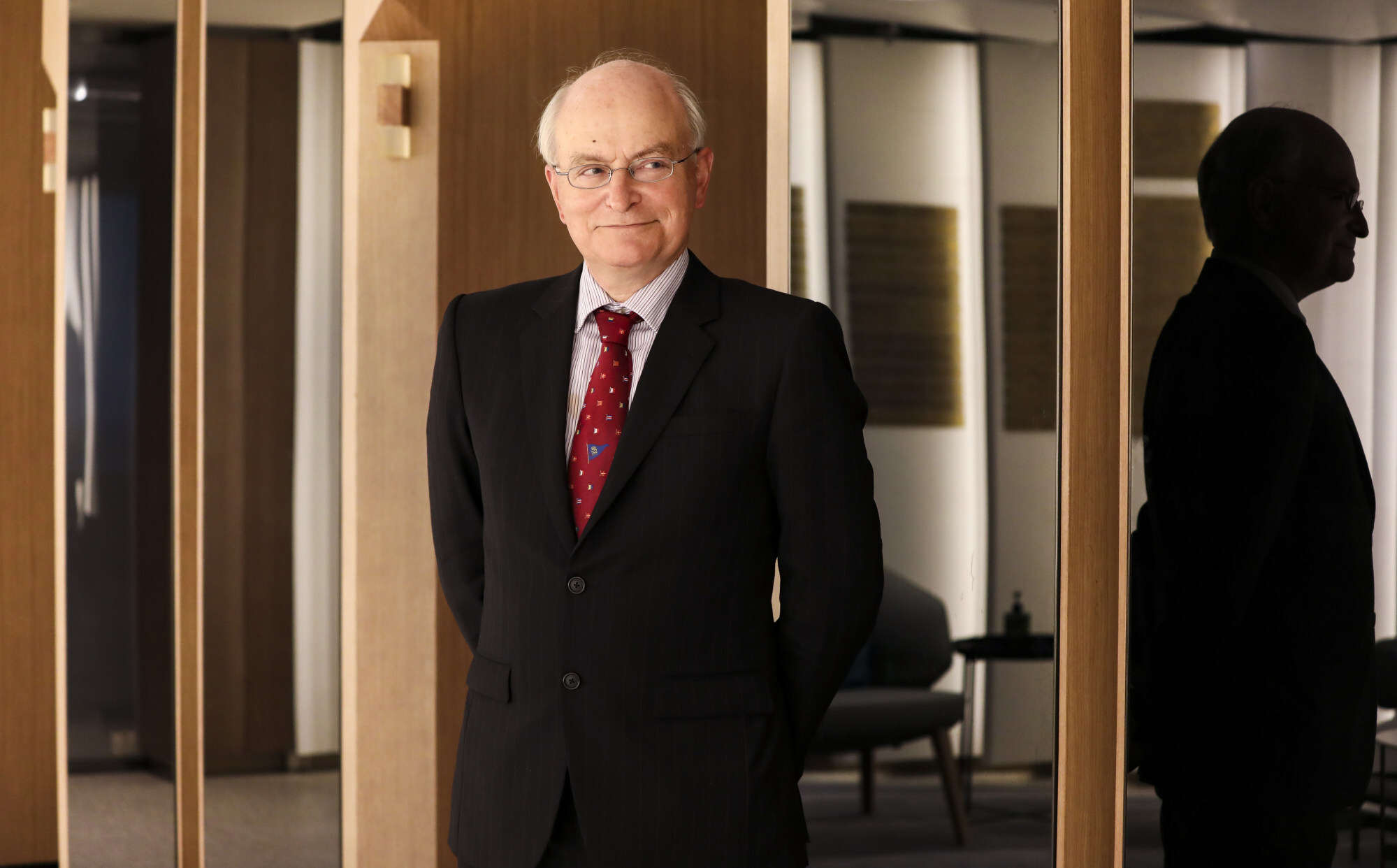
Hong Kong Bar Association’s new chief on right track
- Victor Dawes’ intention to restore links with Beijing is a welcome move, even as he acknowledges that political and legal issues can overlap
The Bar Association, founded more than 70 years ago, is both the regulator of the city’s 1,500 barristers and their professional body. So it exercises statutory powers, such as issuing practising certificates for barristers, and represents the views of its members at official level.
A good working relationship with government facilitates both. Sadly, amid fraught exchanges over the national security law imposed on Hong Kong by the central authorities, the association’s relations with Beijing froze and its future seemed clouded.
Hopefully, the recent election of fresh leadership, headed by new chairman Victor Dawes SC, a commercial lawyer, will lead to a thaw sooner rather than later.
It would be regrettable otherwise. The association and its members have played a pivotal role in the city’s transformation into a global financial and commercial hub under the rule of law.

Dawes succeeds Paul Harris SC, an outspoken critic of the national security law, who came to be seen by Beijing as unpatriotic. That is not to say that patriotism and criticism of government policies are mutually exclusive.
It is a matter of knowing where the line is drawn in terms of China’s national security.
At a ceremony marking the beginning of the legal year this week, Dawes pledged that the association would raise issues concerning the rule of law without political considerations. “If barristers are seen as ‘politicians in wigs’, public confidence in the Bar and the role we play in the administration of justice will diminish,” he said.
“One is not suggesting that members of the Bar cannot get involved in politics, but the role of the association itself is a different story.”
That will not always be an easy line to walk, as Dawes implicitly acknowledged. “Sometimes [purely political issues] overlap with legal issues. That is something we have to decide accurately.”
‘Apolitical’ barristers named likely candidates to run Hong Kong Bar Association
Dawes said the Bar Association would contribute its views when the government legislates the proposed local Article 23 security law, shelved in 2003 after overwhelming opposition, including from the Bar Association. But he said the law was a constitutional duty.
It is good that Dawes made it clear he wanted to restore links with Beijing. Constructive relations with the central government are important for professional organisations in Hong Kong.

